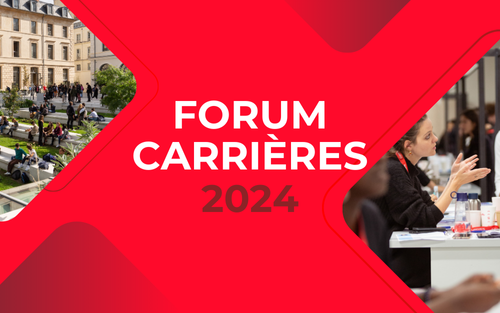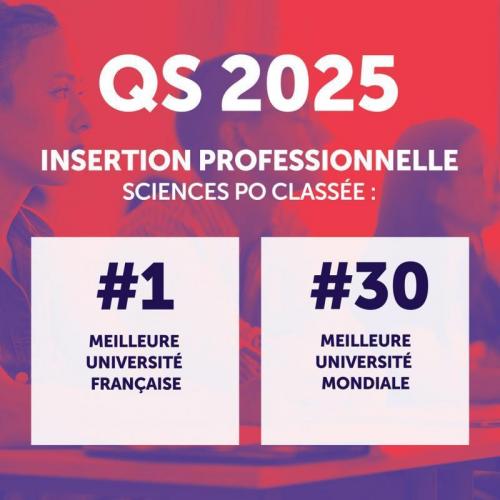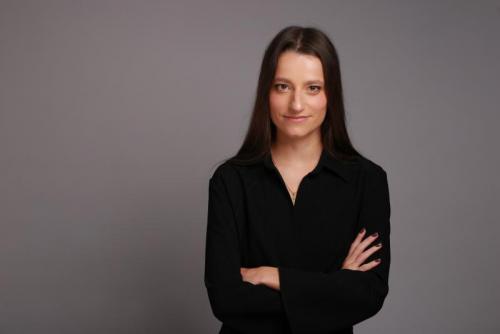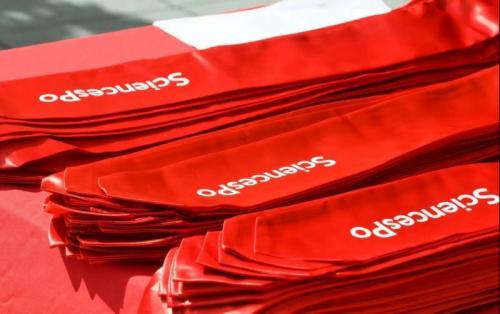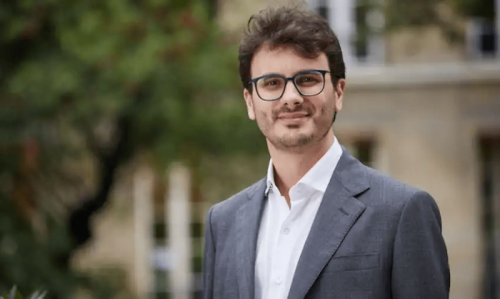Adam Fifield graduated from the Masters in International Development at PSIA
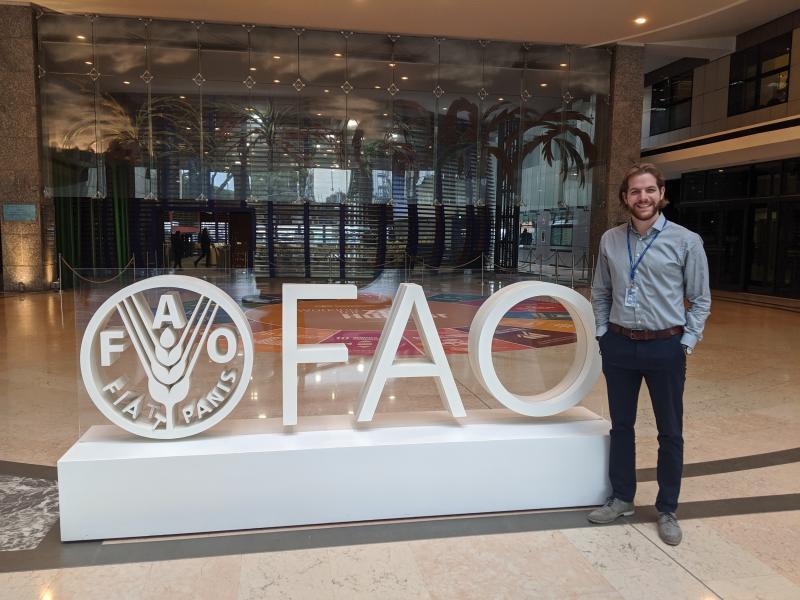
How did you secure this role?
My team here at FAO reached out to my academic advisor at Sciences Po to let her know that they were looking for interns. She shared the opportunity, I submitted my CV, had an interview, then I got the offer. During my internship, I got deeply involved in one of my projects and was invited to stay on as a part-time consultant at a distance, which I did while doing another internship in the Fall, then continued while finishing at Sciences Po in the Spring.
What is your role and main responsibilities?
We work at the nexus between the humanitarian, development and security sectors, intervening to strengthen the resilience of farmersä livelihoods in the face of climate, disaster and security-induced shocks. We use a variety of cash-based tools to do this, including direct cash transfers (with or without conditionality), cash-for-work programs, and “Cash+” programs where we pair a cash payment with another benefit, such as vaccines or seeds.
In my primary role, I’m using a mixture of my studies at Sciences Po and my undergraduate degree in information systems to help the cash team develop a system to both gather beneficiary information (including demographic information and biometric fingerprints) and then use that information to conduct cash or cash-based voucher interventions. In this role, I do a lot of coordinating work between my division, the IT division at FAO, and the field offices where we are hoping to use the system.
What is the most fascinating and/or surprising aspect at your role?
While all of the work that FAO does is organized around its mandate, I still find myself surprised on a regular basis with the breadth of different types of work that different individuals do within the organization. In FAO, for example, experts on crops, nutrition, veterinary science and forestry all work alongside humanitarian, social protection, and data science professionals. It might be easy to think of a UN agency as a monolith, but there really are a variety of roles which people play. I was also generally surprised to see how young the workforce is – many consultants at UN agencies are in their 20s and 30s, which is honestly a nice transition when leaving a Master’s program.
How does your PSIA experience help you with the role?
There are a number of ways in which Sciences Po helped me with this role. In fact, PSIA was itself the avenue through which I initially heard about the opportunity, and my team has hired its subsequent interns straight from Sciences Po. I’ve found that the environment of PSIA – working on group projects with other students from varied geographical, academic and professional backgrounds – is a very accurate simulation of what it is like to work at FAO.
What advice would you give to others?
For those who are looking for jobs or internships, doing your homework when applying to a position and doing a test run of the interview really does make a difference. If you haven’t gone to an interview preparation workshop, go! Knowing how to talk about the experiences and qualifications on your resume is just as important as having them in the first place. Have a copy of your resume for yourself during an interview – it can be your “cheat sheet” that you can use to answer questions, and on the back of the page you can write questions for your interviewee. An extra 15-20 minutes of preparation here makes a big, big difference in your confidence during the interview.




